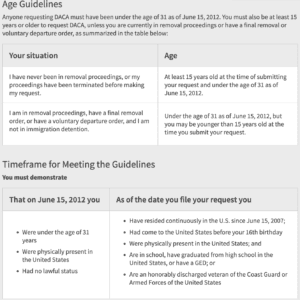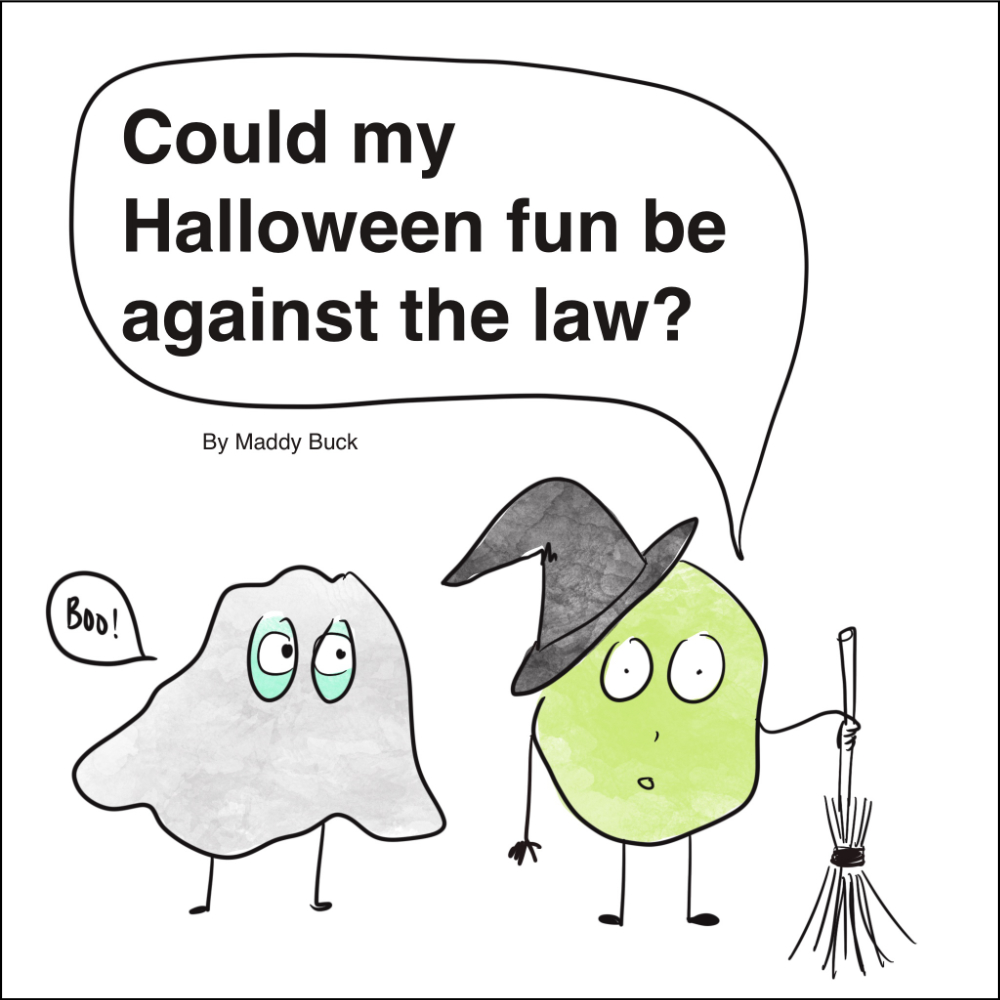Can You Sue Elmo for Racial Discrimination?
A Baltimore family has filed a $25 million suit against the Sesame Place theme park in Pennsylvania for alleged “pervasive and appalling racial discrimination.” The suit arises from a character meet-and-greet session where Sesame Street characters allegedly snubbed their child.
This lawsuit comes after a viral video of a Rosita character passing by two Black girls and refusing their high-fives in favor of white children. The plaintiff was not in this video.
What Is Discrimination Under the Civil Rights Act?
The Civil Rights Act of 1964 protects certain classes of people from discrimination in education, housing, employment, and public accommodations. Those protections prohibit discrimination or unequal treatment based on your:
- Race
- Color
- National origin
- Religion
- Sex
In this case, the lawsuit claims racial discrimination due to the unfair behavior of Sesame Street characters at the Sesame Place theme park. The plaintiff alleges that during a meet and greet the characters Elmo, Ernie, Telly Monster, and Abby Cadabby ignored their child.
Why Is Sesame Place Being Sued?
Sesame Place is a private company open to the public. Under federal laws, any place, even private businesses, open to the public or providing public services cannot discriminate against protected classes. That means Sesame Place could not refuse entry to someone based on their race.
However, suppose that the park denied access to the same customer for another reason (i.e., being intoxicated or carrying a weapon), even though they were a protected class member. In that case, the denial is not due to the customer’s race and, therefore, not discriminatory.
What Does the Lawsuit Say?
When the family bought their tickets, part of the admission price included a meet and greet with Sesame Street characters. That ticket was a contract between the family and Sesame Place. As such, the lawsuit claims Sesame Place gave disparate treatment to the Black ticket holders in favor of white ticket holders. Under federal law, all people should enjoy the benefits of a contract equally. Therefore, a business cannot favor one class over another in a contract.
For example, a movie theater selling tickets to everyone but allowing early access only to white ticket holders and not Black ticket holders would violate federal law.
What Will a Court Decide?
A court will determine if, indeed, Sesame Place engaged in racial discrimination. Sesame Place must not discriminate in providing public accommodations or favoring one ticket holder over another based on race. However, is attention from a Muppet in a parade considered public access? Is a ticket holder for a meet and greet a guarantee for personal interaction? Did Sesame Place characters indeed favor white children over Black children?
Sesame Place may argue that being ignored by a character, while unpleasant (especially for a child), is not the same as school segregation or denying employment opportunities. However, other Black families are sharing stories and videos of their children being dismissed or ignored by Sesame Street characters. The Baltimore plaintiffs are asking for class-action status to bring in claims from other families.
If the plaintiffs can show there are indeed pervasive discriminatory practices and Sesame Place favored white ticket holders over Black ticket holders, Sesame Place could be liable.
What Damages Can a Court Award?
The lawsuit is asking for $25 million in compensatory and punitive damages. Compensatory damages pay a plaintiff for the harm. For example, in racial discrimination, where a company pays an employee less, a court will order monetary damages to make the employee equal. A court awards punitive damages to punish wrongdoers and deter others from racial discrimination.
The plaintiffs also call for an end to discriminatory practices and ask Sesame Place to provide better employment screening practices and diversity training for employees.
What Is Sesame Place Saying?
Sesame Place denies the accusations and publicly apologized to families who claim their children were ignored. They also explained that the character’s costumes make it difficult to see children and that a character’s negative response may be to other patrons’ requests and not to the child themselves.
Even if the lawsuit is unsuccessful, the media attention is damaging to their brand, which promotes inclusivity and children’s self-esteem.
Related Resources:
You Don’t Have To Solve This on Your Own – Get a Lawyer’s Help
Meeting with a lawyer can help you understand your options and how to best protect your rights. Visit our attorney directory to find a lawyer near you who can help.






